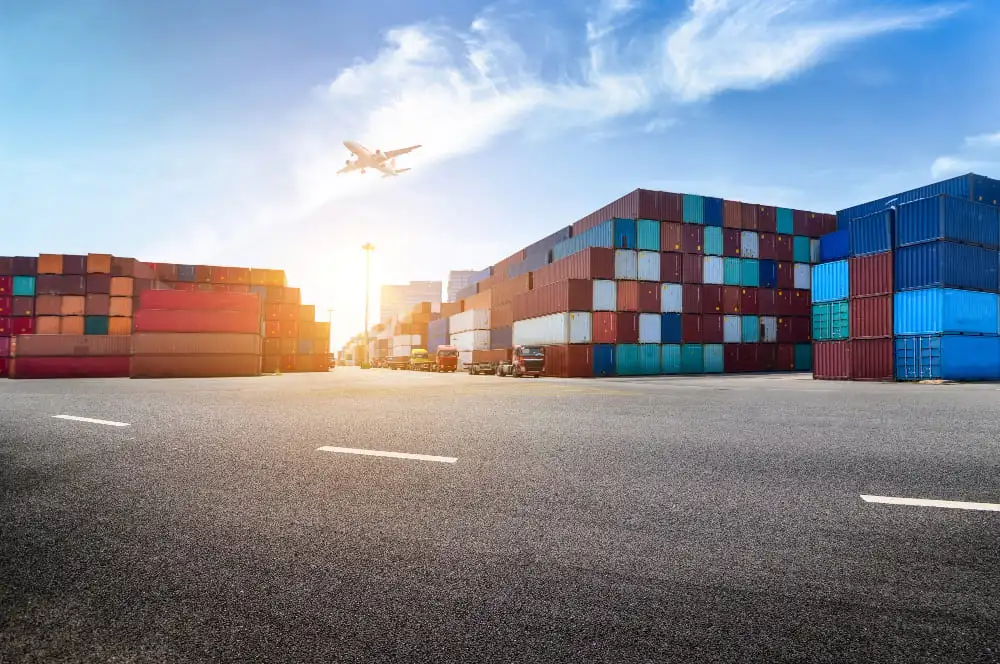Table of Contents
Unraveling the Distinctions: LCL vs. FCL in the World of Moving
In the realm of shipping and moving, two terms frequently surface: LCL and FCL. These acronyms stand for Less than Container Load and Full Container Load, respectively. Understanding the distinctions between LCL and FCL is crucial for anyone embarking on a relocation journey or managing a shipment. In this article, we will delve into the unique characteristics of LCL and FCL, shedding light on their advantages and differences.
You will be interested on: International Movers in Dubai
Understanding LCL (Less than Container Load)
LCL, or Less than Container Load, refers to a shipping method where goods from multiple shippers share a single container. This option is ideal for individuals or businesses with smaller shipments that do not require an entire container. The cost-effectiveness of LCL lies in its ability to consolidate various shipments, reducing expenses for each shipper.
Benefits of LCL
One significant advantage of opting for LCL is the cost savings. Shippers only pay for the space their goods occupy within the shared container, making it a budget-friendly choice for those with smaller quantities to transport. Additionally, LCL allows for flexibility in managing inventory, as businesses can ship smaller batches more frequently.
However, it’s important to note that LCL shipments may take longer to reach their destination due to the time required for consolidation and deconsolidation at various ports. This elongated transit time is a trade-off for the economic benefits.
Understanding FCL (Full Container Load)
On the flip side, FCL, or Full Container Load, entails one shipper utilizing an entire container for their goods. This method is preferred when the volume of goods is sufficient to fill an entire container, providing exclusivity and speed in transportation.
Keep Reading: Domestic & International Moving
Benefits of FCL
FCL offers a faster and more direct route for shipments since the container is dedicated to a single shipper. This results in quicker loading, unloading, and transit times compared to LCL. Additionally, FCL shipments are less susceptible to damage, as the goods are not handled as frequently during the shipping process.
While FCL may seem costlier upfront, especially for smaller shipments, businesses benefit from economies of scale as the volume of goods increases. Moreover, the streamlined process associated with FCL often results in lower handling costs and better overall efficiency.
Comparing LCL and FCL
Transitioning from one shipping method to another involves careful consideration of various factors. When choosing between LCL and FCL, shippers must weigh their shipment’s size, budget constraints, and time sensitivity.
Size of Shipment
LCL is the go-to option for smaller shipments that do not fill an entire container. Businesses or individuals with limited cargo can take advantage of LCL’s cost-efficient consolidation model. On the other hand, FCL is optimal for larger shipments that warrant the use of an entire container, ensuring exclusive use and faster transit times.
You will be interested on: Relocation to bahrain
Budget Considerations
For shippers on a tight budget, LCL provides a cost-effective solution, allowing them to share container space and split the expenses. FCL, while initially more expensive, becomes economical for businesses with larger shipments due to the cost savings associated with volume.
Time Sensitivity
If time is of the essence, FCL proves advantageous with its quicker transit times and direct route. However, for shippers with a more relaxed schedule, LCL remains a viable option, offering affordability at the expense of slightly extended delivery timelines.
Conclusion
In the world of moving and shipping, choosing Difference between LCL and FCL involves a careful evaluation of individual needs and priorities. LCL’s cost-effective consolidation makes it a favorable choice for smaller shipments, while FCL’s exclusive use and faster transit times cater to larger volumes. Ultimately, the decision rests on factors such as shipment size, budget constraints, and time sensitivity. By understanding the differences between LCL and FCL, shippers can navigate the seas of shipping with confidence, ensuring a smooth and efficient journey for their goods.


